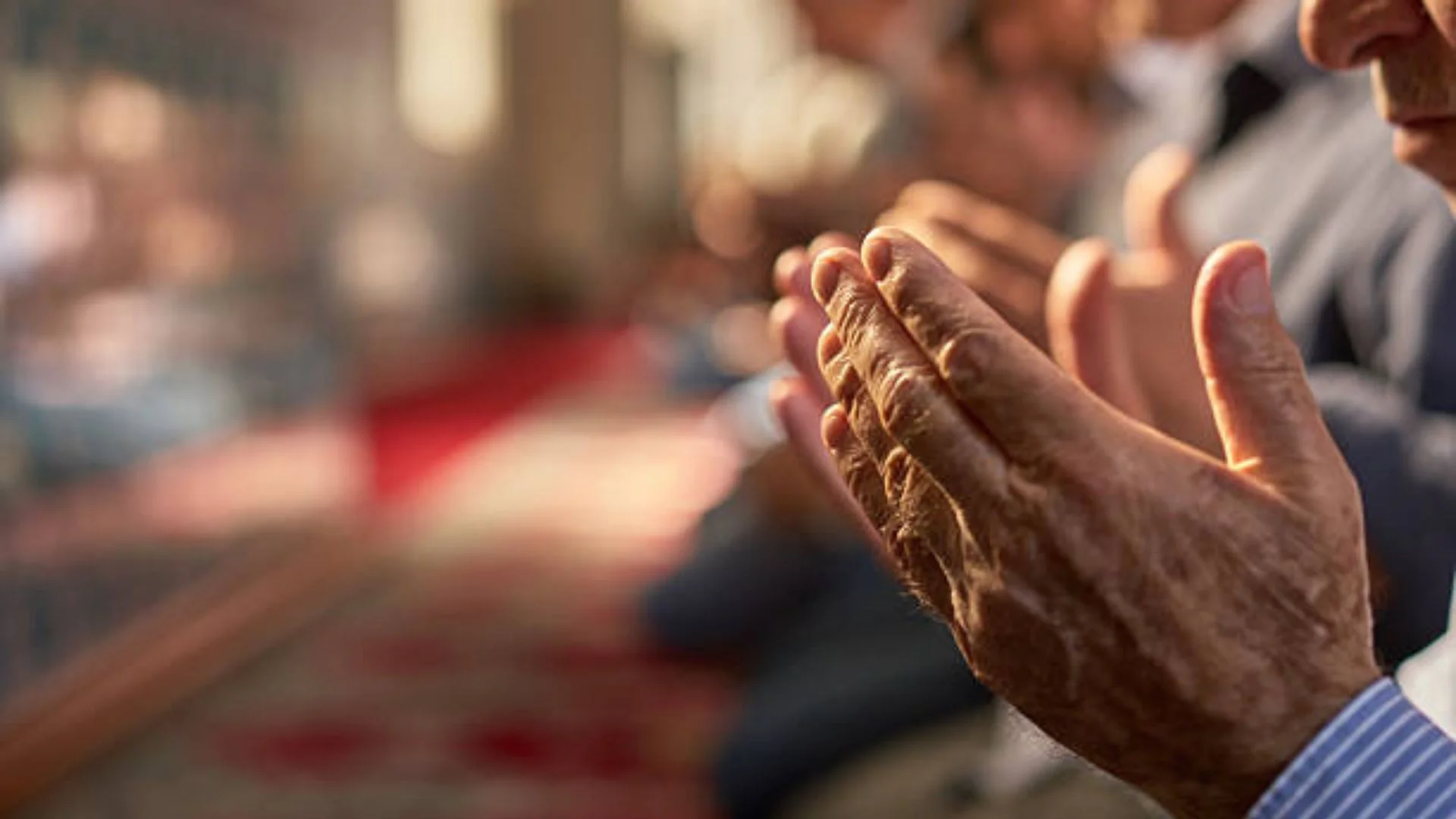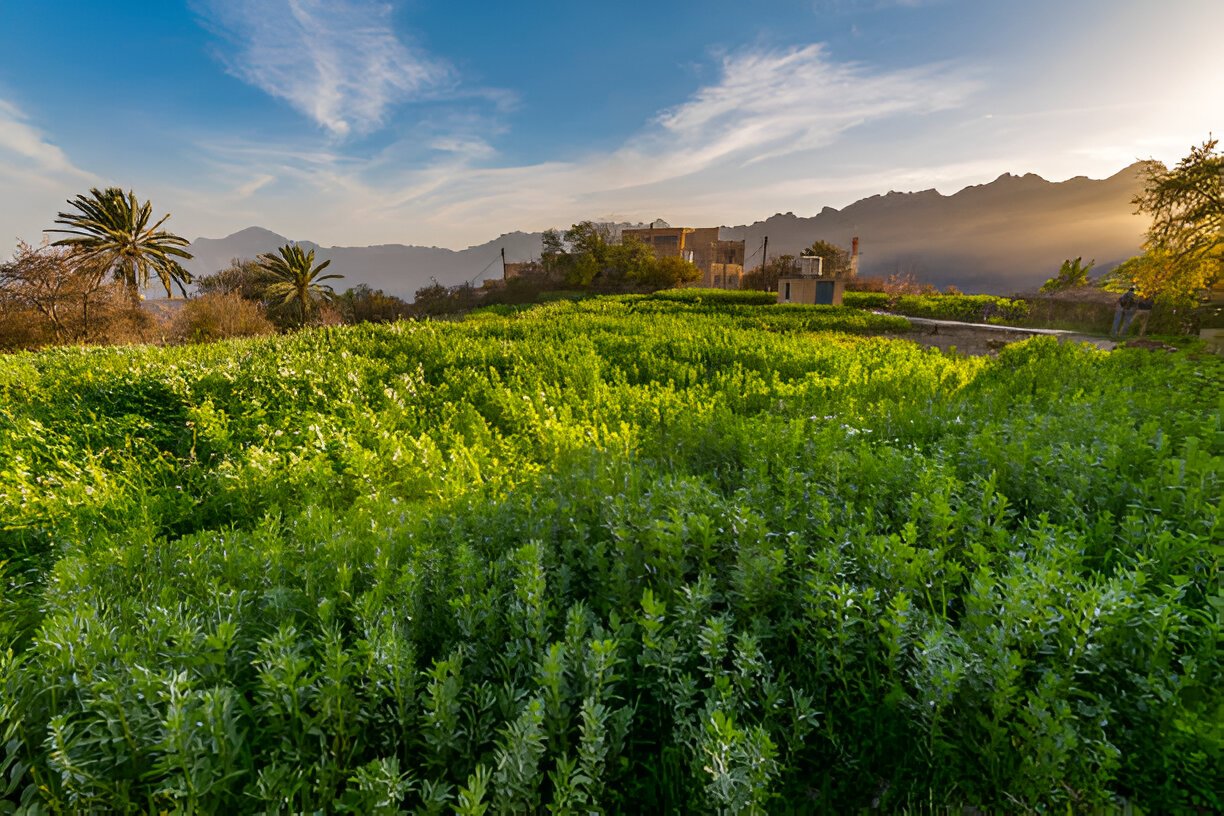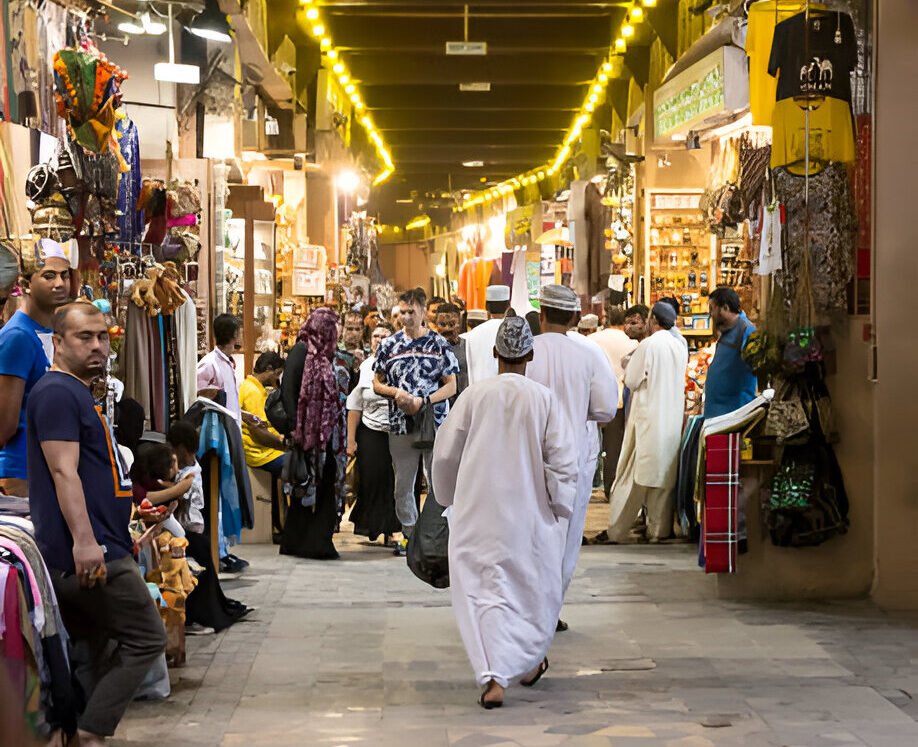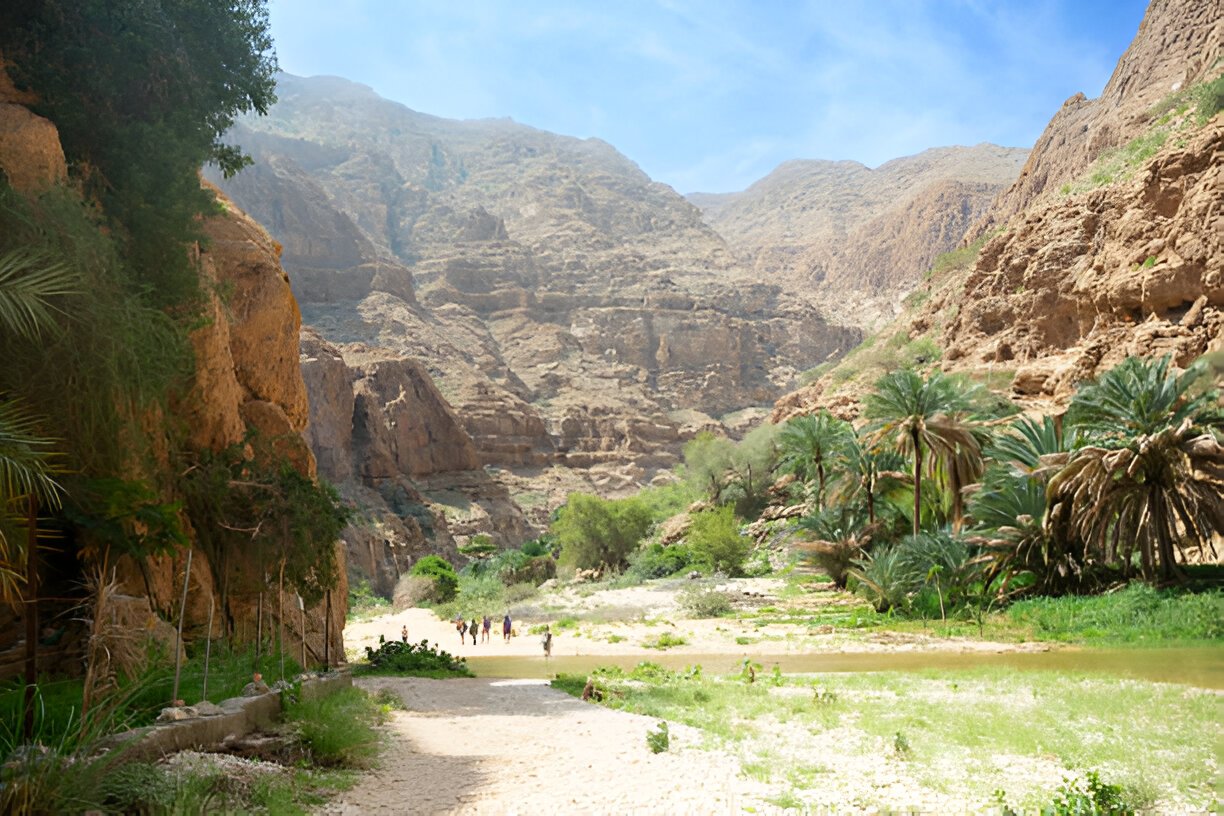

Oman, located on the southeastern coast of the Arabian Peninsula, is a country rich in history and tradition. At the heart of its culture is Islam, which has profoundly shaped the spiritual, social, and cultural fabric of the nation. Introduced to Oman in the 7th century, Islam has been a driving force behind the country’s values, customs, and way of life. From its architecture to social etiquette, the influence of Islam in Oman is deeply rooted in its heritage. This blog explores the significant role of Islam in Oman, examining how the religion has influenced various aspects of the nation’s identity, culture, and traditions.
The history of Islam in Oman dates back to the time of the Prophet Muhammad. Omanis were among the first to accept Islam voluntarily, without military intervention. The peaceful introduction of the faith occurred when the Prophet’s companion, Amr ibn al-As, was sent to invite the rulers of Oman to Islam. Jaifar and ‘Abd, the sons of Al-Julanda, embraced the faith, marking the beginning of Oman’s Islamic era. Since then, Islam has been the foundation of the nation’s social and cultural evolution, shaping its identity for centuries.
One of the most striking representations of Islam in Oman is its architecture. Mosques, forts, and palaces reflect the principles of Islamic design. The Sultan Qaboos Grand Mosque in Muscat is an architectural masterpiece, combining traditional Islamic motifs with modern elements. The geometric patterns, calligraphy, and intricate tile work seen in the mosque are symbolic of Islamic art, emphasizing spirituality and community cohesion. Beyond mosques, Oman’s forts, such as Nizwa Fort and Bahla Fort, incorporate Islamic design elements that reflect the country’s historical governance principles rooted in Islamic law.
The influence of Islam on Omani social customs is profound, with values like hospitality, community, and family at the forefront. Hospitality is a key aspect of Islamic culture, and Omanis are known for their generosity, which is considered an expression of faith. The central role of family in Omani society is also shaped by Islamic teachings that emphasize respect, care, and strong familial bonds. The extended family structure, where multiple generations live together, is common in Oman, reinforcing the importance of family unity.
Islamic festivals such as Eid al-Fitr and Eid al-Adha are major events in Oman, celebrated with prayers, feasts, and acts of charity. Ramadan, the holy month of fasting, is another significant period, during which families and communities come together for iftar meals and special prayers.
Islamic law, or Sharia, forms the backbone of Oman’s legal system. The Basic Law of the Sultanate of Oman recognizes Islam as the state religion and Sharia as the basis for legislation. Islamic law governs personal matters such as marriage, divorce, inheritance, and child custody. These laws, derived from the Quran and Hadith, emphasize justice, fairness, and individual rights.
The role of the Sultan in Oman also reflects Islamic governance principles. As both a political leader and a religious figurehead, the Sultan is responsible for ensuring that the country’s policies and laws align with Islamic values, guided by the principles of justice and service to the people.

Education holds a special place in Islamic culture, and this is evident in Oman’s educational system. Traditionally, Islamic education in Oman was centered around mosques, where students learned Quranic studies, Islamic jurisprudence, and the Arabic language. Today, the education system integrates Islamic studies with modern curricula, with institutions like Sultan Qaboos University offering programs in Islamic studies and Sharia law.
Islamic teachings also promote ethical education, emphasizing respect, discipline, and a strong work ethic, which are reflected in Omani students’ moral upbringing.
Islamic art in Oman is characterized by the use of geometric patterns, calligraphy, and the avoidance of depicting living beings, in accordance with Islamic principles. Calligraphy, often used to inscribe Quranic verses, is a revered art form in Oman and can be seen in the decoration of mosques and public buildings.
Oman’s traditional crafts, such as silverwork, pottery, and weaving, also reflect Islamic artistic influences. These crafts often feature designs that incorporate Islamic symbols and motifs, blending cultural heritage with religious devotion.
The traditional dress in Oman is a reflection of Islamic values of modesty. Omani men wear the dishdasha, a long robe that symbolizes simplicity and purity, often paired with a kuma or mussar, which signify cultural and religious identity. Omani women wear the abaya, a black garment that covers the body, often accompanied by the hijab or niqab, in line with Islamic principles of modesty.
Islamic etiquette, or adab, is also integral to Omani culture. Omanis are known for their politeness, humility, and respectful interactions, traits deeply influenced by Islamic teachings.
Islam in Oman has played a central role in shaping the country’s culture, values, and way of life. From its architecture and legal system to social customs and education, the influence of Islam is evident in every aspect of Omani society. This strong Islamic foundation has helped Oman preserve its cultural heritage while adapting to modern changes, ensuring that the principles of Islam remain a guiding force in the country’s development. The harmonious integration of Islamic teachings into Omani culture continues to define the nation’s identity and will likely do so for generations to come.
Never miss any important news. Subscribe to our newsletter.







